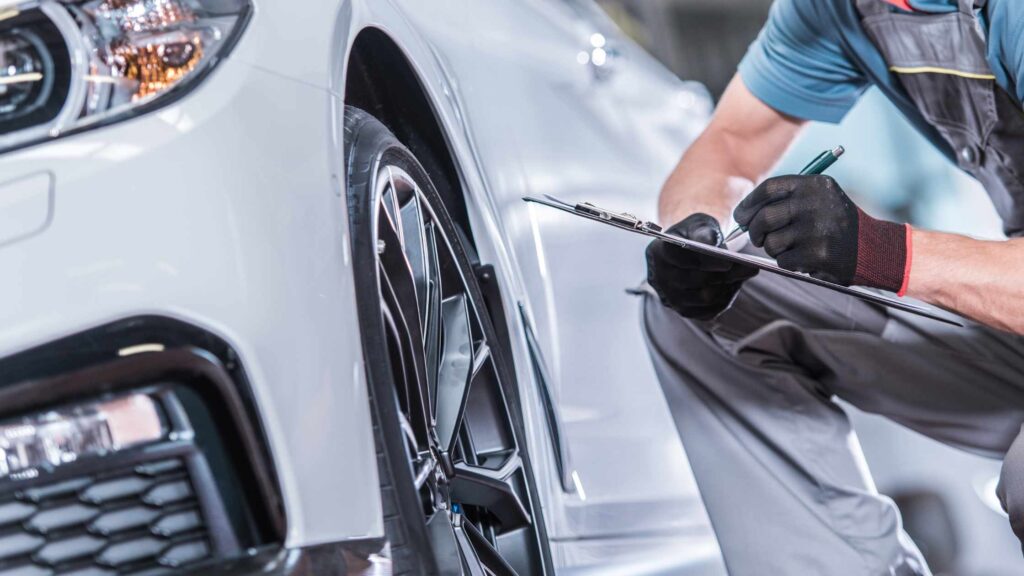Introduction
Thinking of buying a car at auction? It can be an exciting and cost-effective way to find your next vehicle. However, it’s important to be well-prepared before jumping into this process. In this guide, we will walk you through everything you need to know about buying a car at auction, from researching and inspecting vehicles to bidding strategies and post-purchase considerations. Let’s dive right in!
Researching
Before heading to an auction, it’s crucial to do your homework. Research different auction houses and understand their reputations. Look for online reviews and ask fellow car enthusiasts or experienced buyers for recommendations. Additionally, learn about the types of auctions available—government, dealer, or public—and find the one that best suits your needs.
Setting a Budget
Auctions can be fast-paced and competitive, so it’s vital to establish a budget beforehand. Decide on a realistic spending limit, including not only the bidding amount but also potential repairs and additional fees. Stick to your budget to avoid overpaying for a vehicle, and be prepared to walk away if bidding surpasses your limit.
Inspecting the Vehicles
One of the challenges of buying a car at auction is that you often don’t have the opportunity for a test drive or to thoroughly examine all aspects of the vehicle. However, you can still gather useful information by inspecting the car visually. Check for signs of damage, rust, or mismatched paint which could indicate previous accidents. Inspect the interior for any wear and tear, and make sure to look under the hood.
Vehicle History Reports
Since there isn’t much time to assess a car’s history at an auction, obtaining a vehicle history report is essential. These reports provide valuable information such as accidents, odometer readings, and previous owners. They can help you avoid purchasing a vehicle with hidden problems or a questionable background. Consider purchasing the report beforehand or bidding on vehicles with available reports.
Attend a Few Auctions as a Spectator
If you’ve never been to an auction before, it’s a good idea to attend a few as a spectator. This will give you an opportunity to observe the process, learn how bidding works, and gain valuable insights from experienced buyers. Pay attention to how the auctioneer operates, how bidding progresses, and the final sale prices of different vehicles.
Bidding Strategies
Having a well-thought-out bidding strategy can greatly increase your chances of success at an auction. Set a maximum bid for each vehicle based on its market value and condition. Avoid getting caught up in the excitement of bidding wars and stick to your predetermined limit. Consider starting with lower-priced vehicles to get comfortable with the process before bidding on higher-value ones.
Be Patient
Patience is key when buying a car at auction. Don’t rush into making a purchase if you’re not entirely comfortable or if the right opportunity hasn’t presented itself yet. It’s better to wait and find a vehicle that meets your criteria and is within your budget rather than making a hasty decision that you might regret later.
Payment and Paperwork
If you win a bid, congratulations! However, remember that winning the bidding only means you have secured the vehicle. You still need to complete the payment and paperwork process. Make sure to have the necessary funds available and be prepared for additional fees such as buyer’s premiums or taxes. Familiarize yourself with the auction’s payment methods and requirements beforehand to ensure a smooth transaction.
Considerations After the Auction
After you have successfully purchased a vehicle at auction, there are a few important considerations to keep in mind. First, arrange for transportation of the vehicle if you didn’t drive it off the lot immediately. Second, take the car to a trusted mechanic for a thorough inspection to identify any hidden issues. Lastly, be aware that there might be additional costs associated with repairs or bringing the vehicle up to your standards.
Summary
Buying a car at an auction can be a rewarding experience if approached with knowledge and caution. Remember to research, set a budget, inspect vehicles visually, obtain vehicle history reports, attend auctions as a spectator, develop bidding strategies, and be patient throughout the process.
Once you win a bid, complete the required payment and paperwork promptly. Consider getting a post-auction inspection and prepare for any additional costs. Now that you have this comprehensive guide, you can feel more confident and well-equipped to make the right decision at a car auction. Happy bidding!







